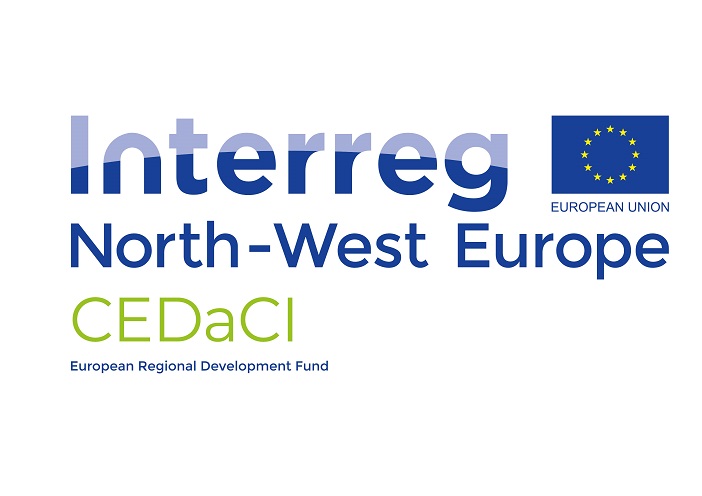
CEDaCI (Circular Economy for the Data Centre Industry)
The LSBU-lead project, the Circular Economy for the Data Centre Industry, aims to make data centre equipment more sustainable
| Leading Partner Organisation | Total Budget ERDF | Total Budget |
|---|---|---|
| London South Bank University | €1.9m | €3.2m |
Project Lead: Dr Deborah Andrews
Project background
The Data Centre Industry has grown rapidly and generates a large volume of eWaste / WEEE. The current infrastructure for dealing with this waste is underdeveloped and consequently, there is a real and urgent need to address this now. CEDaCI will build a Circular Economy for the Data Centre Industry by bringing together stakeholders from all equipment life cycle stages to turn this waste into a useful resource and support the ongoing rapid growth of the DCI.
The challenge
The main priority of the data centre (DC) industry is 100% uninterrupted operation and service to customers. Consequentially, the sector has concentrated on technology and product development, manufacture and operation. At present DC equipment life is only 1-5 years and consideration of what happens to the equipment when it reaches end-of-life has been limited; as a result data centres contribute to the annual global production of 11.8 Mt/year of WEEE (Waste Electrical & Electronic Equipment), which is the one of the fastest growing waste streams.
Although some equipment remains in Europe, a significant volume is exported; it may be recycled, stockpiled and/or sent to landfill and millions of tonnes of resources are wasted and/or become inaccessible. WEEE contains a number of Critical Raw Materials (CRM) which are economically valuable and technically essential to data centre operation; however, their supply is vulnerable to disruption.
The project
CEDaCI will build a Circular Economy for the Data Centre Industry to increase reclamation and reuse of Critical Raw Materials in the sector, extend product life through equipment reuse and remanufacture, reduce use of virgin materials, waste and environmental impact arising from the growth in redundant equipment and develop a secure and economically viable CRM supply chain for the sector. At present only 10% of CRM from the sector is recycled and recovered but this will increase to 19% and 24%, 5 and 10 years after the project ends; reuse of equipment will also increase to 65% and 75% respectively and at end-of-life overall product ‘waste’ will be reduced to 35% and 25%.
Methodology and output
Expectations will be achieved through a whole life approach to the problem: the project will bring together stakeholders from across the sector (designers, manufacturers, operators, refurbishers, recyclers) in a knowledge-sharing network; they will engage in a Co-creation Platform and 3 integrated Pilots for 3 life cycle stages (design, life extension and end-of-life).
Project output includes: 2 products/processes/technologies developed & tested in real life conditions; EcoDesign/Design for CE Guidelines (to accelerate manufacture of CE-fit products); a Decision Making Tool (DMT) for all DC sub-sectors to optimise CE business models; and improved refurbishment, recycling and reclamation strategies for WEEE and CRM. These will feed into bespoke technical assistance (DMT training sessions) for 50 DCI businesses; advice and guidelines for policy-influencers and makers; and a physical and virtual demonstrator that explains the CE context, processes and benefits. A Long Term Strategy (LTS) with 10-year maintenance plan will ensure the project impact and long term legacy.
Contact us
To find more about our research and facilities, please visit Interreg CEDaCI and www.cedaci.org or contact:
Nil Atmaca (CEDaCI Project Manager) E: atmacan@lsbu.ac.uk T: 020 7815 6944